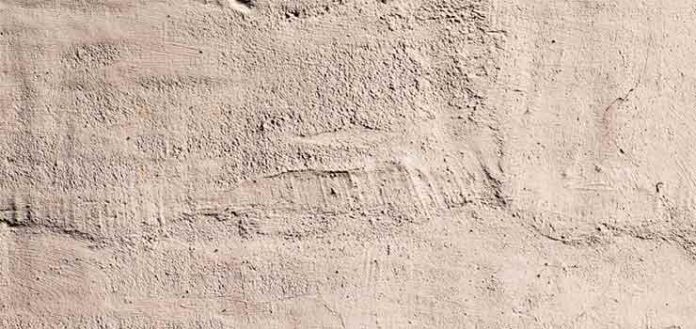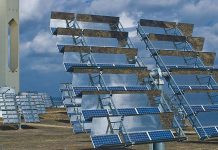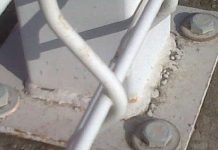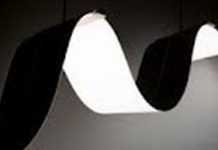
In the construction sector and in the DIY sector in general, water and humidity are two serious problems that must be taken into account when developing projects.
Humidity levels affect health and different structures. Materials swell and shrink as they They gain and lose water. Therefore, humidity affects the dimensions and weight of the materials. This can be a real disaster over time.
Avoiding problems with water and humidity is one of the basic tasks for all good professionals. To do this, the best resources and products must be supplied to combat these factors.
One of these products that are an important part of combating water and humidity problems are the so-called waterproofing mortars.
Let’s see what are waterproof mortars and the importance of working with this type of material.
What is a waterproofing mortar?
A mortar, in construction, is a conglomerate of different materials such as water, cement or lime that is used to fix elements such as bricks, fill spaces or cover walls.
The waterproofing mortar is one developed to resist the passage of waterin addition to offering the virtues of its waterproof condition, favoring the non-appearance of humidity.
Waterproofing mortars are durable in multiple environments, can be used to waterproof concrete surfaces, masonry and brick, interiors and exteriors, both above and below grade. It is an ideal choice for basements and foundations, as well as retaining walls, sloped concrete, cast-in-place concrete, and precast concrete.
The main characteristics of a waterproofing mortar must be:
- Flexible compared to other mortars.
- Effective against salt erosion.
- Resist water and humidity but be permeable to water vapour.
- plasticizing properties.
- Effective against ice cycles.
Types of waterproofing mortars
The great qualities of waterproofing mortars make them a product that offers a lot of diversity. Next, we are going to list the most common types of waterproofing mortars:
Single-component waterproofing mortar.
It is a composition that does not attack armor or metallic elements. It is impermeable to rainwater and permeable to water vapour. It does not have corrosive, flammable or toxic elements. Therefore, it is suitable for drinking water. It is an ideal product for swimming pools, water tanks, or canals.
It is also very effective for interior waterproofing in basements and outdoors.
Flexible waterproofing mortar.
They are usually a type of cement mortar improved with synthetic resins. It is not as rigid as the previous product, which reduces the risk of cracking, stops the advance of carbonation, is impermeable to water and permeable to vapour. It is suitable for both interior and exterior waterproofing. Protects concrete structures in marine environments.
Minimizes damage from the action of ice and de-icing salts.
Semi-flexible waterproofing mortar.
They are semi-flexible one-component mortars, based on cement and modified polymers. Easy to mix and apply. The waterproofing is in a thin layer.
The most noticeable quality is its slight flexibility.
Fast-setting waterproof mortar.
This type of mortar stands out for its easy mixing and installation. Simply add water and a high-quality, waterproof mortar is available. It is free of chlorides, corrosive and toxic materials, therefore it is ideal for plugging drinking water routes. There is also the option of ultra-fast setting mortars whose mixing and application capacity is superior.
Osmotic waterproof mortar.
This type of mortar is designed with an osmotic coating for direct pressure and counterpressure waterproofing of concrete and masonry structures. They are also suitable for uses where working with drinking water.
For more complete information, it is also possible to know the different types of waterproofing mortar according to their mechanism of action, perfectly explained at https://www.lemara.es/mortero-impermeabilizador/.
Main uses of waterproofing mortar.
The waterproofing mortar can be used in many procedures. The best common are related to their application in water containment elements (swimming pools, canals, dams, etc.) to prevent water leaks.
But thanks to the different types of mortars, it is possible to extend their use at different levels of the construction area. Thus, it is essential in elevator pit waterproofing as well as the rigid or flexible type.
The waterproofing of walls and wallsin addition to helping to stop water leaks, infiltrations or pressurized water leaks.
On the other hand, it is a very good option for the joint treatmentto achieve its total and professional waterproofing.
The waterproofing of foundations and facades are two other very characteristic procedures in construction that make use of waterproofing mortar.
The great qualities and characteristics of this product make it a fundamental material for new construction projects as well as for restoration.
.



